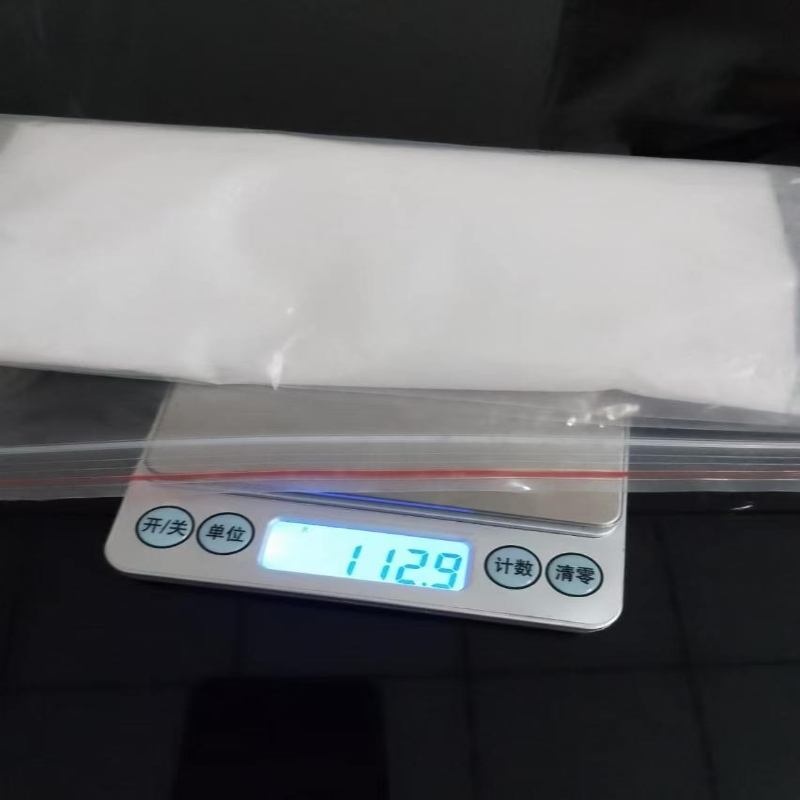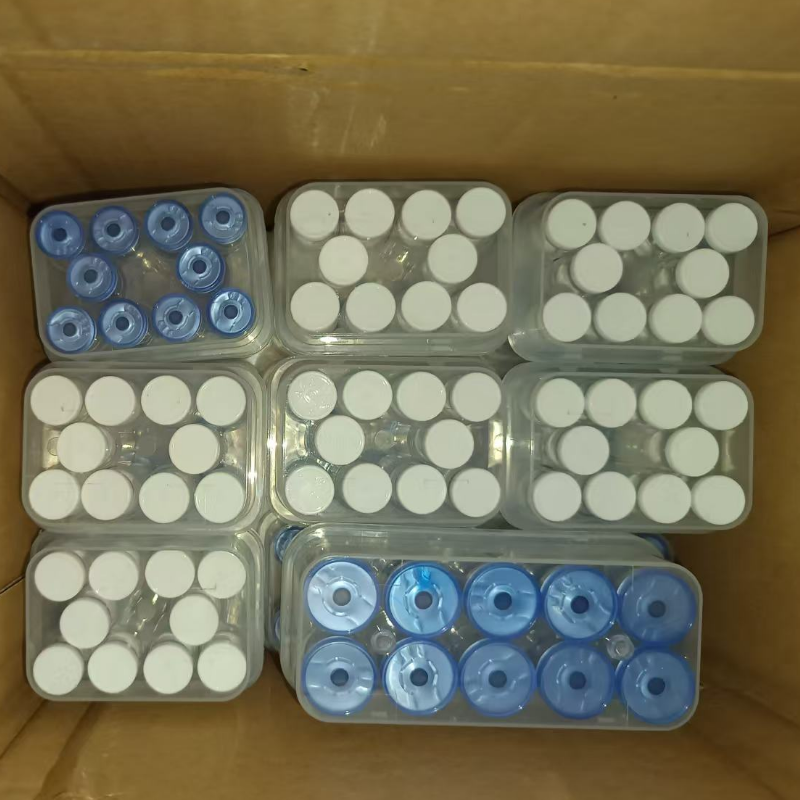-
Categories
-
Pharmaceutical Intermediates
-
Active Pharmaceutical Ingredients
-
Food Additives
- Industrial Coatings
- Agrochemicals
- Dyes and Pigments
- Surfactant
- Flavors and Fragrances
- Chemical Reagents
- Catalyst and Auxiliary
- Natural Products
- Inorganic Chemistry
-
Organic Chemistry
-
Biochemical Engineering
- Analytical Chemistry
-
Cosmetic Ingredient
- Water Treatment Chemical
-
Pharmaceutical Intermediates
Promotion
ECHEMI Mall
Wholesale
Weekly Price
Exhibition
News
-
Trade Service
Erlotinib hydrochloride is a cancer medication that is used to treat non-small cell lung cancer and pancreatic cancer.
It works by inhibiting the activity of a protein called epidermal growth factor receptor (EGFR), which is involved in the growth and survival of cancer cells.
This article will provide an overview of erlotinib hydrochloride, including its chemical structure, mechanism of action, indications, dosage, and potential side effects.
Erlotinib hydrochloride is a white to off-white crystalline powder with a molecular formula of C28H31ClN2O7S2.
It has a molecular weight of 557.
8 g/mol and a CAS number of 122702-42-8.
Erlotinib hydrochloride is a tyrosine kinase inhibitor that belongs to a class of drugs called epidermal growth factor receptor (EGFR) tyrosine kinase inhibitors.
The mechanism of action of erlotinib hydrochloride is related to its ability to inhibit the activity of the EGFR protein.
EGFR is a cell surface receptor that is involved in the growth and survival of cancer cells.
It is also involved in the signaling pathway that leads to the formation of new blood vessels, which is necessary for the growth and spread of cancer cells.
By inhibiting the activity of EGFR, erlotinib hydrochloride can slow down the growth and spread of cancer cells, leading to a reduction in tumor size and an improvement in symptoms.
Erlotinib hydrochloride is approved for the treatment of non-small cell lung cancer and pancreatic cancer.
It is usually given as a tablet that is taken orally, either once daily or twice daily.
The recommended dose and schedule of erlotinib hydrochloride will depend on the specific condition being treated and the response of the patient to the medication.
Erlotinib hydrochloride can cause some side effects.
Common side effects include rash, diarrhea, nausea, vomiting, and fatigue.
These side effects are usually mild and can be managed with supportive care.
More serious side effects are rare but can occur, including skin reactions, allergic reactions, and interstitial lung disease.
Patients who experience any side effects while taking erlotinib hydrochloride should contact their healthcare provider for further guidance.
In conclusion, erlotinib hydrochloride is a cancer medication that is used to treat non-small cell lung cancer and pancreatic cancer.
It works by inhibiting the activity of the epidermal growth factor receptor (EGFR) protein, which is involved in the growth and survival of cancer cells.
Erlotinib hydrochloride is a tyrosine kinase inhibitor that belongs to a class of drugs called EGFR tyrosine kinase inhibitors.
It is usually given as a tablet that is taken orally, either once daily or twice daily.
The recommended dose and schedule of erlotinib hydrochloride will depend on the specific condition being treated and the response of the patient to the medication.
Patients who experience any side effects while taking erlotinib hydrochloride should contact their healthcare provider for further guidance.







